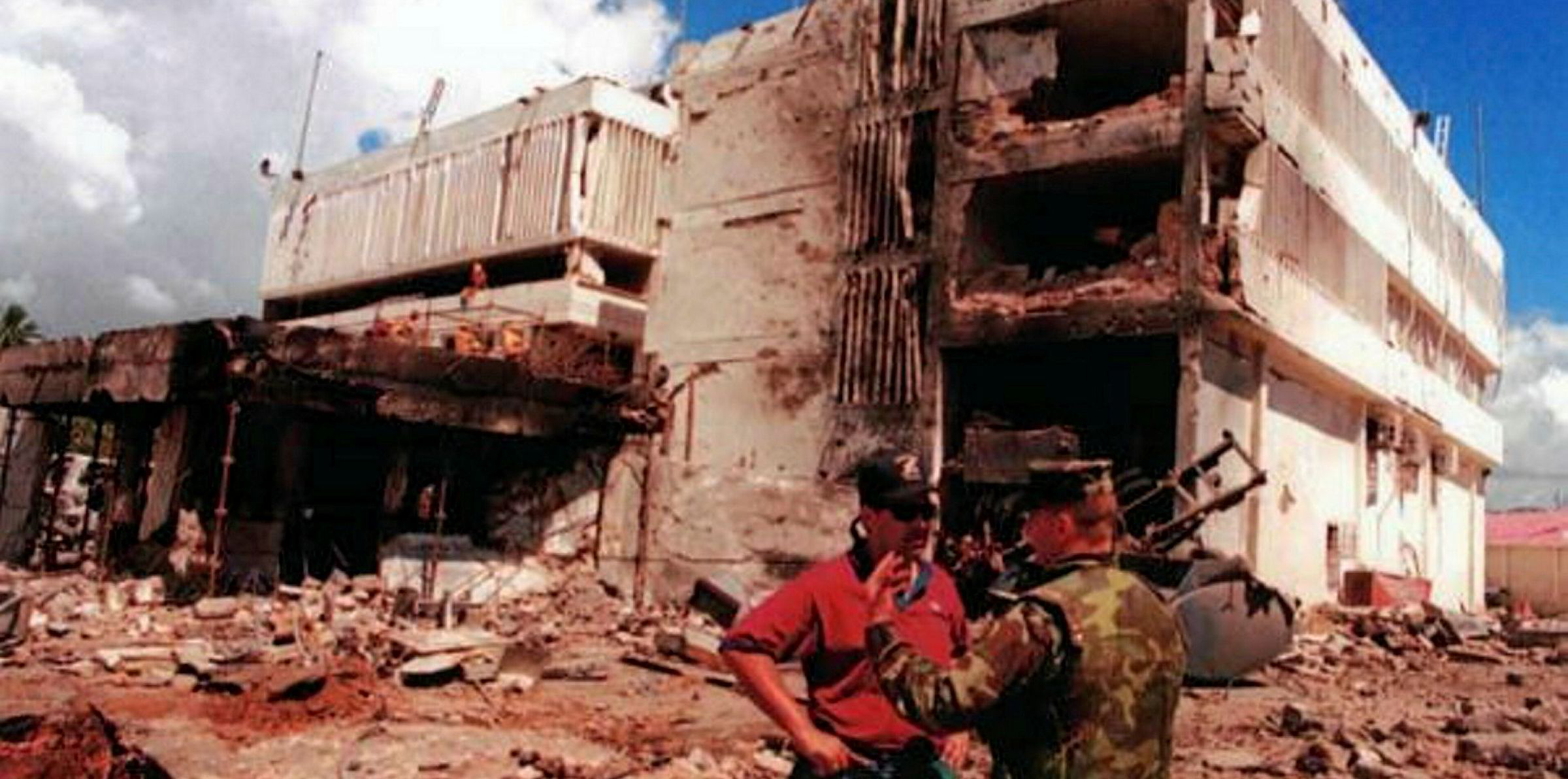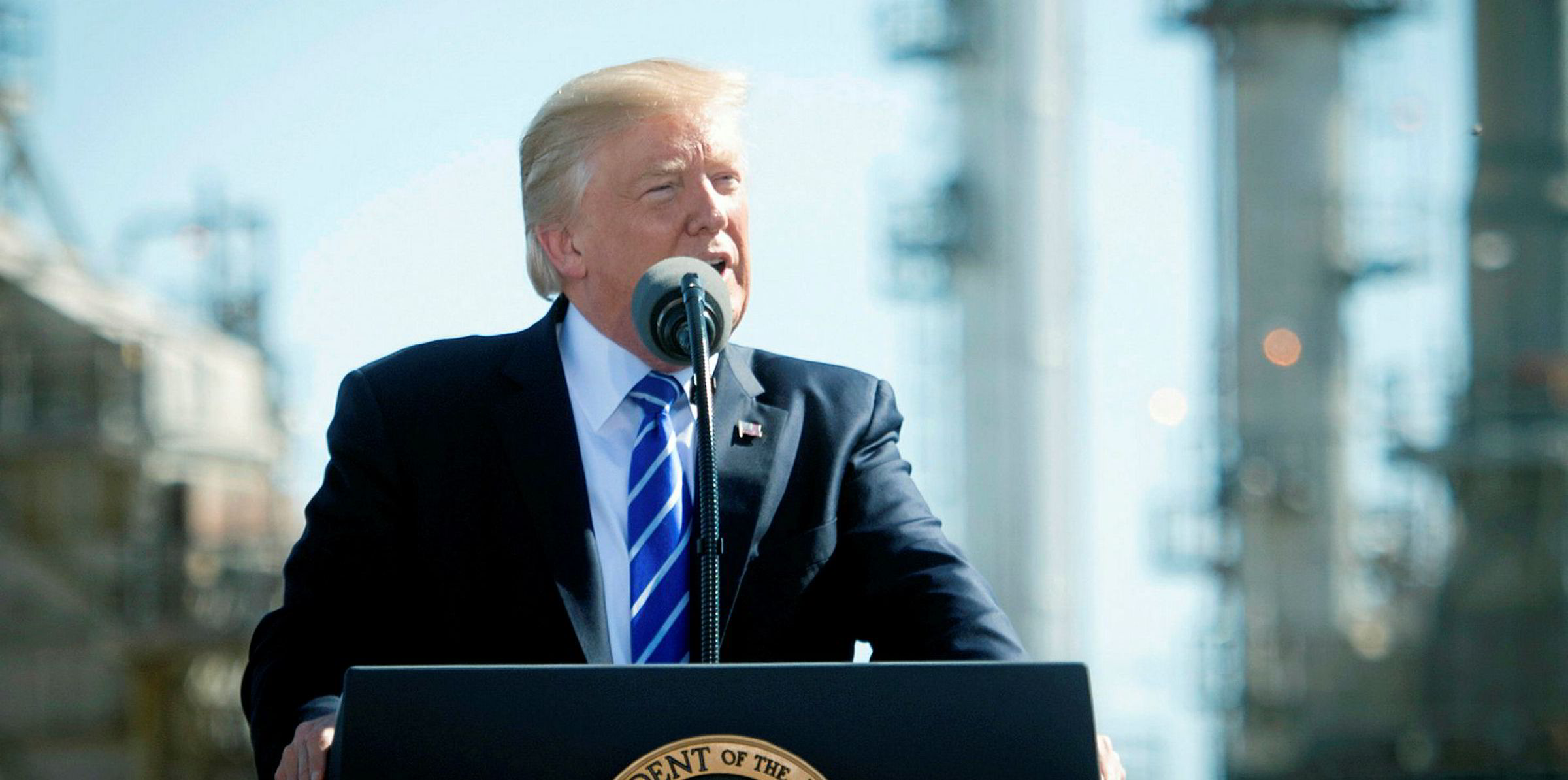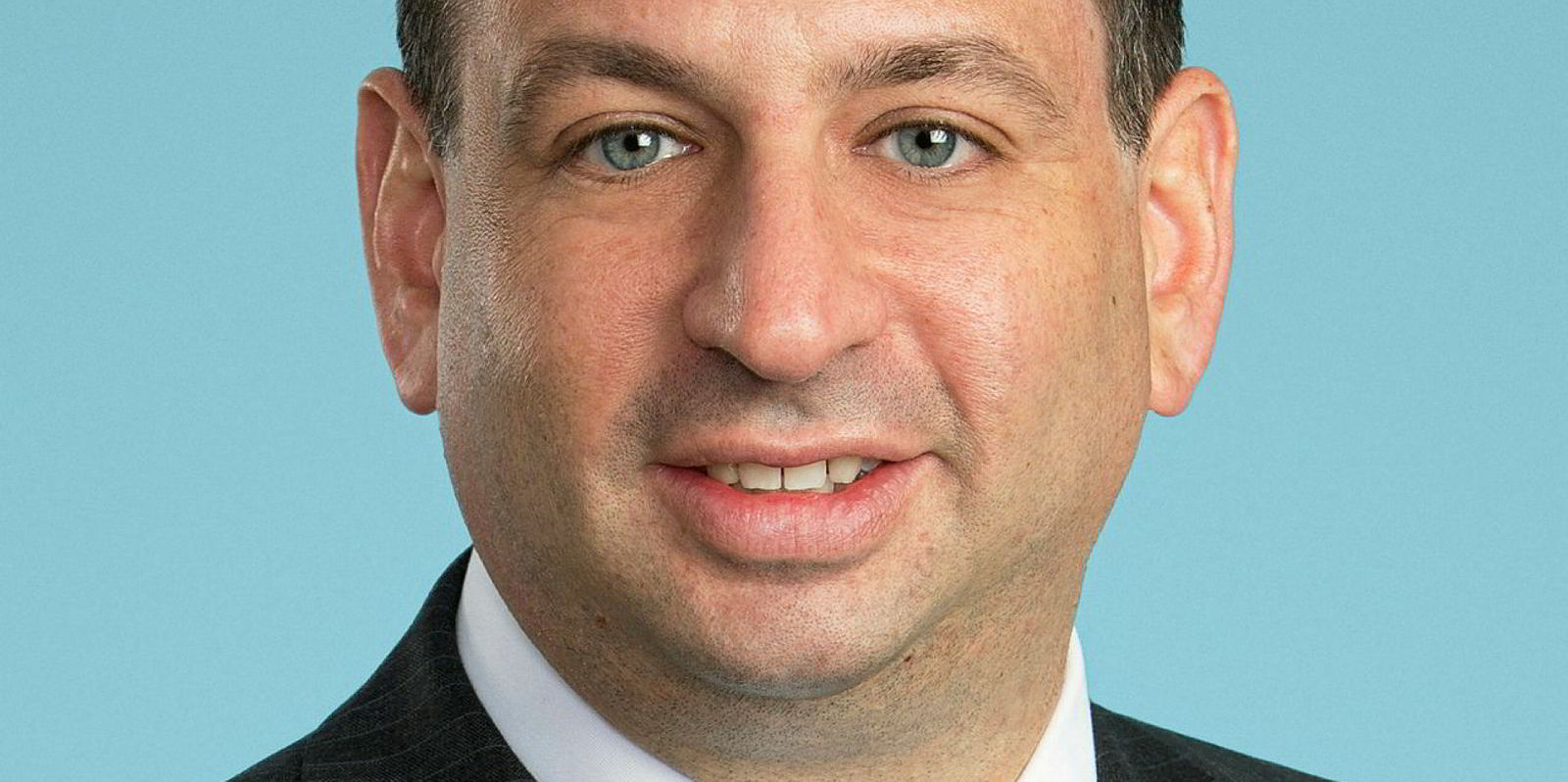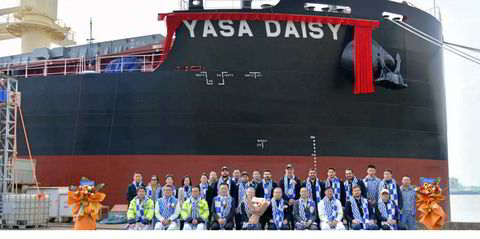The victims of two Al-Qaeda US embassy bombings nearly 22 years ago are chasing $10m that was due to be paid to a Greek shipowner in a deal for a tanker, but seized over alleged fraud.
A litany of plaintiffs across the three lawsuits related to the suicide attacks in Nairobi, Kenya and Dar es Salaam, Tanzania, on 7 August 1998 filed papers in the District of Columbia federal court last week, asserting their claim on the funds to satisfy judgments awarding each millions.
"[The court in 2011] determined that Al-Qaeda was able to carry out the horrific and deadly embassy bombings because Iran and Sudan deliberately provided material support to the terror group," the filing read.
"The DC district court ultimately awarded the victim plaintiffs judgments against Sudan and Iran totalling nearly $1bn."
The $10m was seized by the US in May, alongside criminal charges against Iranian nationals Amir Dianat and Kamran Lajmiri. The charges stemmed from the sale of the 150,812-dwt Gulf Sky (built 1998) by Polembros Shipping to Oman-based Taif Mining Services in the middle of last year.
Taif, the US alleged, was a front for heavily-sanctioned Iranian interests, with Dianat and Lajmiri harbouring connections to the National Iranian Oil Co and National Iranian Tanker Co.
Polembros' Liberian subsidiary received a $2.34m down payment before Taif took control of the ship and sent it to Iran for loading. It then had the ship arrested in the United Arab Emirates as it looked to recoup the remaining $10m.
Polembros was not charged and told TradeWinds that the US government provided it a letter clearing it of wrongdoing. The company said its due diligence found Taif was controlled by a "wealthy Omani family".
The three lawsuits, filed by injured Americans James Owens and Rizwan Khaliq and the family of Judith Abasi Mwila, a Tanzanian killed in one of the bombings, and were filed in the District of Columbia federal court in 2001, 2010 and 2008 respectively.
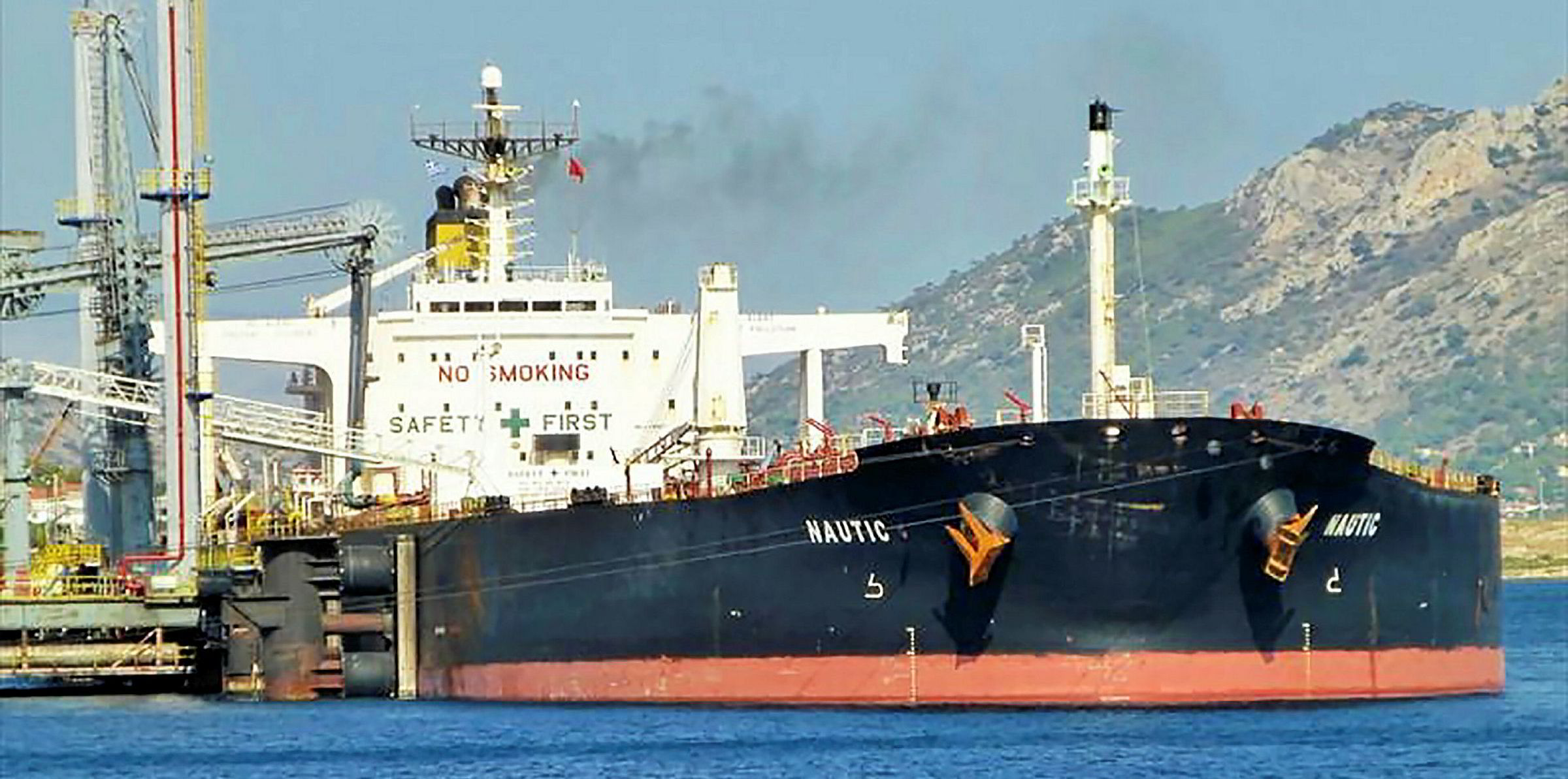
All three name the Republic of Sudan and the Islamic Republic of Iran as defendants.
According to filings in the lawsuits and subsequent appeals, Sudan's former president Omar al-Bashir invited Al-Qaeda to the country after the terrorist group was pushed out of Afghanistan and Pakistan in the early 1990s.
There, the group had significant support, including the protection of the Sudanese military, the ability to receive tax- and custom-free shipments and the ability to obtain Sudanese passports for operatives.
Osama bin Laden, Al-Qaeda's leader, was eventually expelled in 1996 after international pressure. But the group carried on there with the government's support, providing it a base to conduct the bombings.
Iran allegedly provided Al-Qaeda parts with which to build explosives, which were loaded onto truck, driven to the embassies and detonated at approximately the same time.
In Nairobi, 213 people died and 11 in Dar es Salaam, with thousands injured in the two strikes combined.
Iran never contested the lawsuits, but Sudan appeared before the court sporadically and had an appeal heard before the Supreme Court in 2018, which was rejected.
US law allows for countries to be sued for injuries or death suffered in terrorist attacks.
As the judgments are difficult, if not impossible, to enforce, successful litigants are left to claim property seized by the government.
The $10m qualifies as it is said to be Iranian property reportedly held at Wells Fargo.
